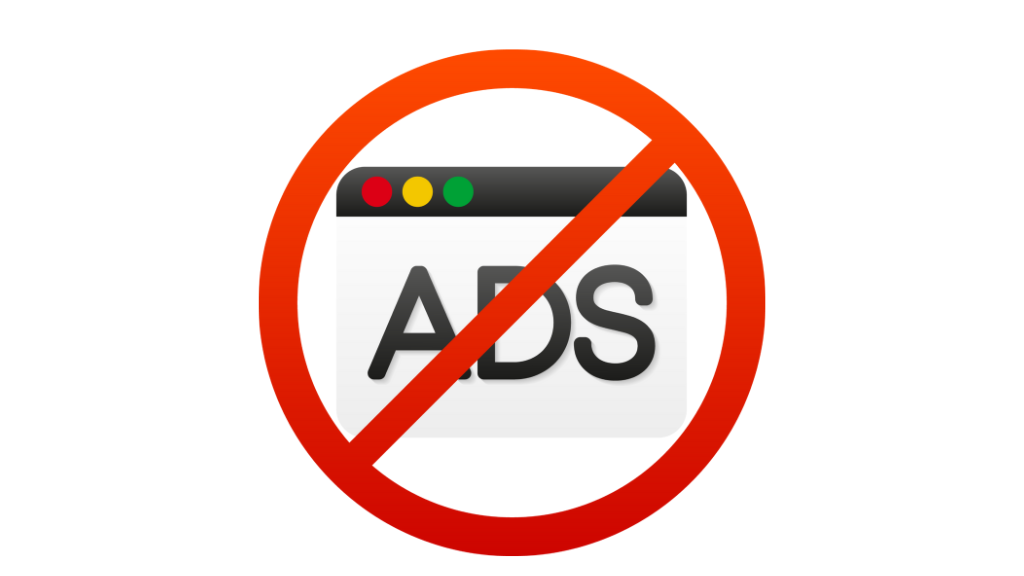Meta has been contemplating the launch of a paid, ad-free version of its platforms for European Union users since the early days of September. This move is seen as a reaction to heightened privacy apprehensions and increasing scrutiny from EU regulatory bodies.
New insights regarding the potential costs of this ad-free experience have recently emerged. As per a recent article in The Wall Street Journal, Meta is mulling over an ad-free desktop version for either Facebook or Instagram, which might cost users around €10 ($10 USD). Additionally, there could be a charge of approximately €6 ($6 USD) for every other connected account. For mobile users, the proposed charge is €13 ($14 USD) monthly, attributed to extra commissions by app stores. These subscription plans, named SNAs (Subscription No Ads), have reportedly been discussed with EU privacy officials. Nonetheless, the details are not finalized, with further feedback and adjustments necessary before an official launch.
Windows Defender Retracts: TorBrowser Not a Threat After All

While Meta didn’t verify these premium options when approached by Mashable, a representative from the tech behemoth stated, “While Meta values the provision of free services underpinned by personalized ads, we are actively examining methods to ensure we remain in alignment with the shifting regulatory landscape.”
According to The Wall Street Journal, users will retain the choice to use the free versions of Instagram and Facebook, but with ads. In contrast, those who opt for the paid subscription would be able to use Instagram and Facebook without ads, thus avoiding the intensive tracking mechanisms associated with tailored advertising. This is only one instance amidst a series of challenges Meta has encountered with EU authorities. A significant portion of these challenges stems from the EU’s adoption of the General Data Protection Regulation (GDPR). This regulation stands as a pivotal legislation safeguarding online privacy and user data.
The timeline for when Meta might introduce this paid, ad-free option remains uncertain. However, given the mounting privacy concerns and the pervasive ads, it’s plausible that many users might find this option appealing.






0 Comments